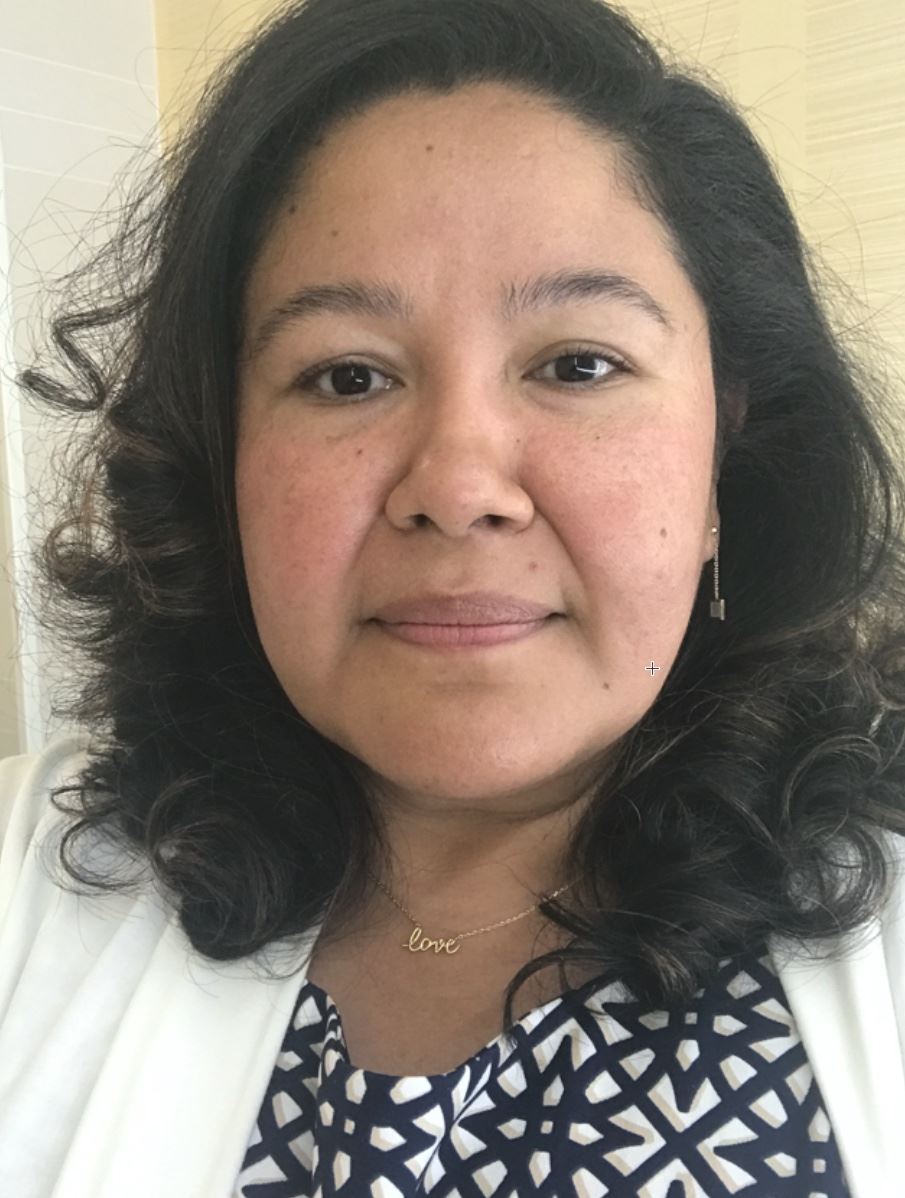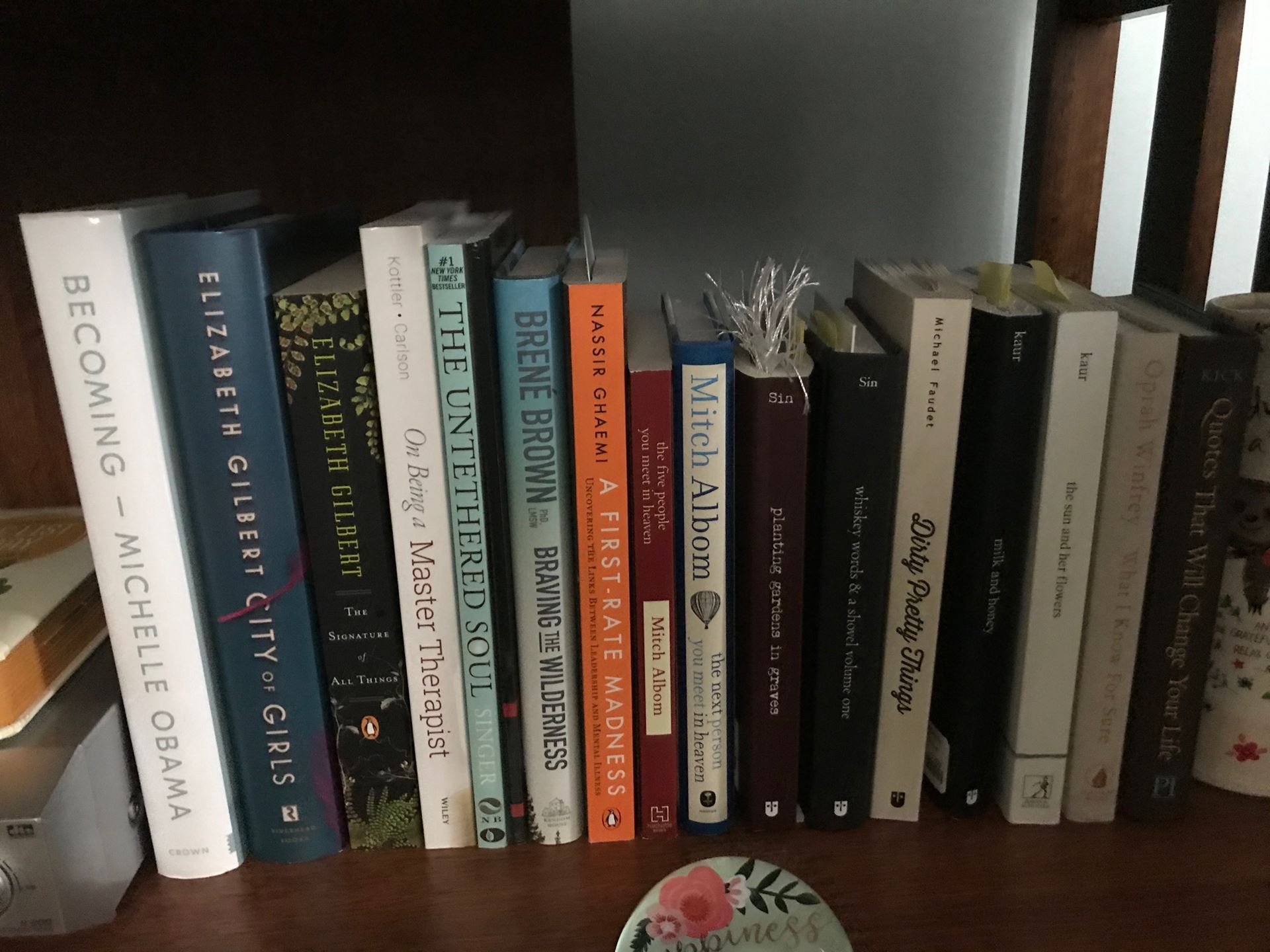 School name: Miami Dade College (MDC has eight campuses throughout Miami-Dade County and my home campus is North.)
School name: Miami Dade College (MDC has eight campuses throughout Miami-Dade County and my home campus is North.)
Type of school: Teaching Institution (THE community college of Miami-Dade county since 1960 educating diverse local and international student populations ranging from South and Central America, the Caribbean, and African American.)
School locale: Miami, Florida
Classes you teach: Psychology and Student Life Skills courses fully online, hybrid, and face-to-face (mainly teach 16-17 weeks/semester of Introduction to Psychology, Human Growth and Development, Abnormal Psychology, Psychology of Personal Effectiveness, and First Year Experience courses)
Average class size: 30-40; Fully online courses are cap at 30. The smallest class size I’ve taught has been 10-15.
What’s the best advice about teaching you’ve ever received? My doctoral mentor in graduate school mentioned to consider the student holistically. It’s about quality not quantity of work.
I also heard this question as a full time faculty member from another colleague, how does a faculty member learn? From and With each other. This rings true in so many aspects, I’ve learned most when I share with my colleagues and ask for their perspective.
Recently, the power of the pause and being a transparent convert are guiding principles.
What book or article has shaped your work as a psychology teacher? I was trained in a research track and had no real training on the science and art of teaching psychology, except for what I recall my undergrad and graduate school professors do.
In my earlier years, I relied heavily on my research background of developmental science and mental health counseling, especially the theoretical framework of Freire and positive youth development. Later, I found Angelo & Cross’ CATs Handbook and Saundra McGuire’s work invaluable.
Within the last five years, I credit a lot to the Association of College and University Educators (ACUE) courses for enhancing and in some cases transforming my teaching. In the last year, I have met amazing STP members that I have now proclaimed as my own teaching mentors, because of their vast years of experience and they are just really kind J
Briefly tell us about your favorite lecture topic or course to teach. I really enjoy teaching Psychology of Personal Effectiveness because it is an applied psychology course. It’s a positive psychology course at its core and it blends the best of both worlds, the counseling realm with empirical research. It’s an interdisciplinary course so it’s a requirement of those students on the A.S. track and so I get a mix of majors that have never taken a psychology course before. It’s a gateway course that really tries to capitalize on teaching emotional intelligence for the workplace. We know from research that most employees are not looking for the “hard” skills, they are looking for candidates that demonstrate how to utilize “soft” skills, and how do you teach teamwork, conflict resolution, active listening skills, emotional intelligence? You have to demonstrate/apply it and this is why I love teaching this class, it makes you “walk the talk”.
Briefly describe a favorite assignment or in-class activity. One of the first hands-on assignment I use that also serves as an icebreaker is a paradigm shift activity with an ambiguous figure.
Concepts/topics targeted: neurogenesis, neuroplasticity, delay gratification, ambiguity, anxiety, team work, vulnerability, self-efficacy, self-esteem plus so many others.
We first define what is a paradigm, brain malleability, what novel stimuli does to our brain, how does knowing all of that relates to everyday student life, (i.e., help students in their fear/anxiety of math class or chemistry or physics, etc.) and how can we practice it, how do we do it? To apply it, I give them an ambiguous figure and I ask them to first individually figure it out. I ask to pay attention to how their body reacts too. How does anxiety feel for them? When someone answers correctly, I ask that person to help others see it. They all get that “aha” moment look and engage with each other. It’s a great experience of deep learning.
Then we process all these concepts and how just because we can’t see something at first glance, it doesn’t mean it’s not there (and connect that to their struggles in other courses like math). Also, how and what ambiguity makes us feel (usually uncomfortable) can be the answer for growth and change. That’s a huge positive message that we reference back throughout the semester. It’s a game changer for motivation and building rapport.
What teaching and learning techniques work best for you? I’m very hands on. There is usually a microlecture with team work or handouts or as a class we engage on focus questions. I also like documentaries and clips to demonstrate how the concepts we covered exist in real life and how students can find alternatives/coping skills to thrive.

What’s your workspace like? I do have my own little office vs. sharing an office. Most of my students say it feels very cozy and calm, but also very packed with books and knickknacks. Since early March, I’ve been working from my home office/guest bedroom. See pictures pre and post COVID-19 J
Three words that best describe your teaching style. Passionate, Intentional, Personal.
What is your teaching philosophy in 8 words or fewer? Co-participatory, transparent teaching and passion for life-long learning.
Tell us about a teaching disaster (or embarrassment) you’ve had and how you dealt with the situation. Most of the ones I can think about happened when I was a graduate student teaching large lecture halls up to 200 students. I think mainly because I was so young, the same age of the students or younger, I got questioned about the research I cited and probably read too much from my slides. I think I would definitely show it when I blushed because I felt like I had to prove that I knew what I was talking about.
As a 23 year-old, I would double and triple check my information and would come up with questions students may have to make sure I could answer. I had students come up to me after class reassuring me of what a great job I did and how much they learned, especially when a particular student would persist and keep questioning or interrupting for minute details in front of the whole class.
I learned how compassionate students can be. I realize there was nothing to be embarrass about and I was there because I knew my topic, but it definitely made me doubt at times my confidence in teaching the material and classroom management.
 What is something your students would be surprised to learn about you? My students and some colleagues might be surprised to find out I have an immigrant story very similar to the Dreamers. I was brought here by my parents when I was eight years old in the late 80s from Nicaragua and crossed the border. In the 90s, immigration laws were different for those seeking political asylum, and my family found a path to naturalization, however, the first decade was extremely hard financially and psychosocially.
What is something your students would be surprised to learn about you? My students and some colleagues might be surprised to find out I have an immigrant story very similar to the Dreamers. I was brought here by my parents when I was eight years old in the late 80s from Nicaragua and crossed the border. In the 90s, immigration laws were different for those seeking political asylum, and my family found a path to naturalization, however, the first decade was extremely hard financially and psychosocially.
Additionally, my students might be surprised that I was an English minor (almost double major). I played the flute and was in band in middle school. For most of my adolescence and undergrad years I played and taught piano. I also love calligraphy, drawing, painting, and crafting.
 What are you currently reading for pleasure? I always have a goal of reading at least 4 books during the summer, but this never happens. I end up reading only 2-3 books. Lately I tend to start them, but then another catches my attention…so on my bedroom bookshelf right now I have these half-read: “ Becoming” by Michelle Obama, “City of Girls” and “The Signature of All Things” by Elizabeth Gilbert, “On Being a Master Therapist” by Kottler and Carlson, “The Untethered Soul” by Singer, “Braving the Wilderness” by Brene Brown, “A First-Rate Madness” by Nassir Ghaemi, M.D., “The Five People You Meet in Heaven” and “The Next Person You Meet in Heaven” by Mitch Albom, “What I Know for Sure” by Oprah Winfrey and more poetry books by Sin, Kaur and Faudet…
What are you currently reading for pleasure? I always have a goal of reading at least 4 books during the summer, but this never happens. I end up reading only 2-3 books. Lately I tend to start them, but then another catches my attention…so on my bedroom bookshelf right now I have these half-read: “ Becoming” by Michelle Obama, “City of Girls” and “The Signature of All Things” by Elizabeth Gilbert, “On Being a Master Therapist” by Kottler and Carlson, “The Untethered Soul” by Singer, “Braving the Wilderness” by Brene Brown, “A First-Rate Madness” by Nassir Ghaemi, M.D., “The Five People You Meet in Heaven” and “The Next Person You Meet in Heaven” by Mitch Albom, “What I Know for Sure” by Oprah Winfrey and more poetry books by Sin, Kaur and Faudet…
What tech tool could you not live without? LMS Attendance and Gradebook tool.
What is your hallway chatter like? What do you talk to colleagues about most (whether or not it is related to teaching/school)? It depends…we are thirty five psychology faculty college-wide spread across seven campuses and often, we only see each other in person 2-3 times throughout the academic year (it can take over an hour to get to some campuses!). My home campus is North, the farthest up from the city, and I’m in the Social Sciences Department, so it is interdisciplinary. We are thirteen faculty ranging from History to Anthropology. We tend to talk about students and the usual “…could you believe a student….?” And when we have departmental meetings, it’s about family and travels, world news, chocolate, food...
